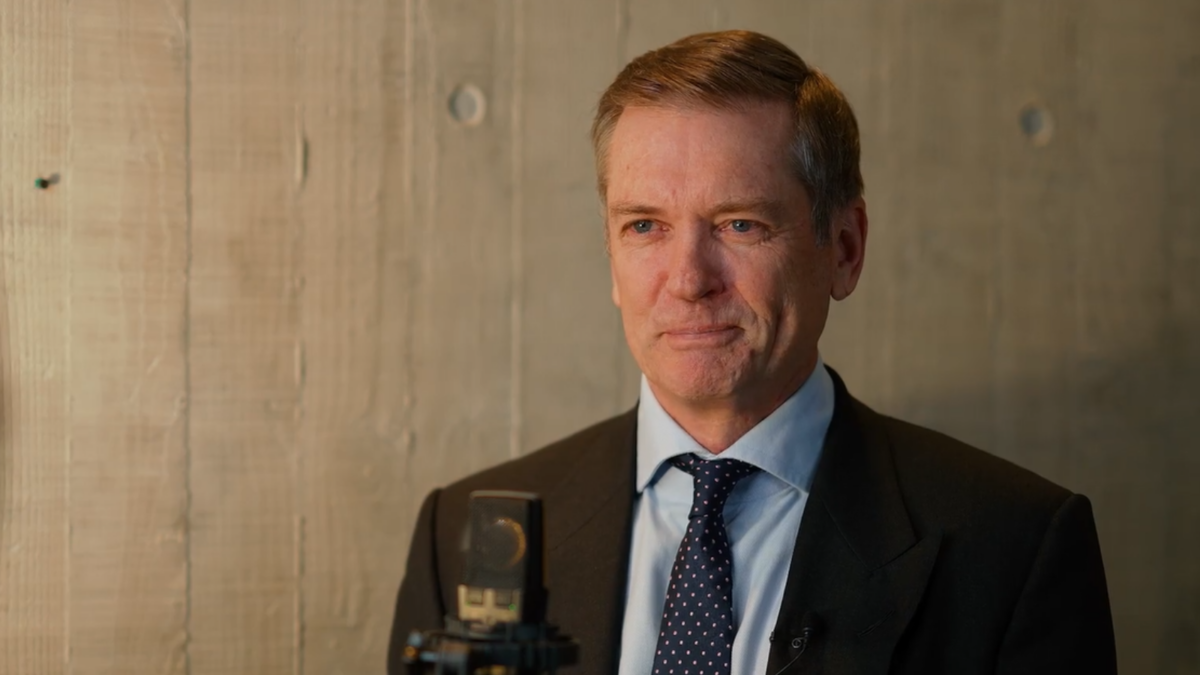‘China’s goal is not to kill capitalism’: Foord embraces tidal shift on Asia
Karl Marx would be rolling in his grave – China’s bourgeoisie is a critical factor influencing global investment markets. The economic reforms that began in the late 1970s under the aegis of paramount leader Deng Xiaoping have transformed China, and the burgeoning middle class is at the epicentre of this economic revolution. It’s their demands – housing, educational, medical, and consumer – that will drive investment in the world’s most populous country, and markets should respond accordingly.
The numbers are staggering. The World Bank estimates 750 million people were living below the international poverty line in the 1990s – about two-thirds of the population. Latest estimates put that number at 100 million or about 13 per cent.
The first wave of reform centred on manufacturing, exports, and cheap labour as China pulled itself up by its bootstraps. Now the economy is shifting from manufacturing to high-value services and from investment to consumption. In doing so it is having to cope with the social (think one-child policy) and environmental legacies – a largely coal-fired economy makes China the largest emitter of greenhouse gas – as well as improve its regulatory system and rule of law essential for a market-based economy.
No one should doubt the enormity of these challenges. But the social and economic gains (as distinct from political) over more than four decades give room for optimism.
Yet, interestingly, institutional investors – especially global equity funds – continue to shy away from China. When measured against the MSCI AC World Total Return Index, its flagship global equity index, most are underweight China – and Asia for that matter.
One exception to this rule is the South African-based Foord Asset Management, which runs its Global Equity Fund out of Singapore. And the political outcome from the 20th National People’s Congress, which firmly consolidated Chinese President Xi Jinping’s authority, has not changed its position on being overweight China.
In a note to clients, titled Keeping Calm. Carrying On, it said: “Xi consolidated power as expected, but that is not necessarily a bad thing. Apart from COVID-zero (which could be a policy gaffe), we argue the rest of China’s (Xi’s) recent economic policies have all been in the interest of fostering ‘high quality’ development of China, her people, and the economy. We believe this should bear fruit over time. China’s goal is not to kill capitalism and innovation, even though that’s what market participants are led to believe.”
In adopting this position, Foord is willingly out of step with the market. Again. When China cracked down on the technology sector earlier this year, wiping billions of dollars off the value off some of the country’s most prominent companies, if left overseas investors badly scarred, not only in dollar terms but in their longer-term thinking on China.
Foord’s view was different. Global equity fund portfolio manager Brian Arcese (pictured) said: “The Chinese authorities have tightened the regulatory environment significantly over the past two years, rolling out new measures to improve governance oversight across high-profile industries. It remains ironic that regulations that were intended, in part, to create order and certainty, roiled global markets as investors debated the ‘un-investability’ of the Chinese market and priced in significant fears.
“We at Foord took a deep breath then a step back to dissect what the Chinese leaders were communicating through these regulations. After much internal debate, we agreed that the Chinese leadership wanted to correct market failures that have unintended social consequences, detrimental to the nation’s long-term development.
“Although we acknowledge policy changes have increased investment uncertainty in the short-term, we believe the long-term results of these regulations should drive healthier economic development, helping China towards its goal of common prosperity. The government continues to view vibrant private enterprise to be the most effective way to drive innovation, wealth creation and thus fulfilling its common prosperity goals.”
It’s a view that recently received strong endorsement from Han Wenxiu, deputy director at the General Office of the Central Economic and Financial Affairs Commission and a rising Xi acolyte, who stressed that China needed to regard development as the number one priority to ensure the “reasonable growth” of the national economy in a persistent way, a bid to waylay market fears that China was sidelining economic development as a priority.
For Foord, it was further evidence as to why it is putting its money where its investment philosophy is. It is overweight Asia (of which China is a notable component) and underweight North America when measured again the MSCI index. “We have a strong conviction that China, as with much of developing Asia, has enormous potential. It’s why we have 33 per cent of the $1 billion portfolio in Asia, of which more than half is in Chinese equities. With Asia poised to comprise 60 per cent of the world’s middle-class population by 2030, we think we are in step with the future.”
Arcese clearly believes that Deng got it right. As the architect of China’s economy renaissance so crudely put it, “to get rich is glorious”. China’s middle class has taken note – and so should investors.










